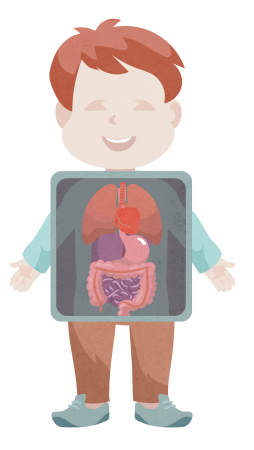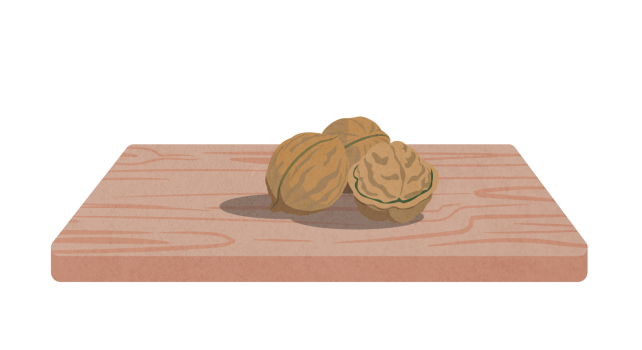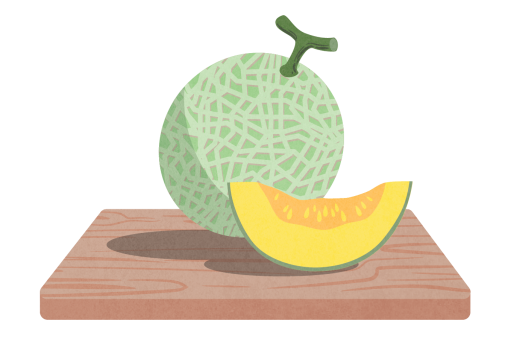
Stomach Size and Feeding Portions - Get to know your Child’s Tummy
Finally, your bundle of joy has arrived and is growing a little each day. During your little one’s first phase of life, good digestion is crucial because it affects the amount of essential nutrients that he or she absorbs. Over the next few weeks and months, you’ll witness your child’s digestive system gradually mature and develop.
Is your child crying or squirming very frequently? Such problems in children can be eased if parents read up on how to ease digestion in a young child’s stomach.

The journey that your child’s food takes
- Mouth
- Esophagus
- Stomach
- Small Intestine
- Large Intestine
Among these developing body parts, the stomach plays an important role in digestion.
Understanding how your child’s stomach develops
Here’s a handy chart showing your child’s tummy size and how it grows over time. *Approximations and actual capacities vary according to the weight and size of your child

1 - 2 Days
Cherry (7-13ml)1

3 - 4 Days
Walnut (27-36ml)1

5 - 6 Days
Apricot (57 – 64ml)1

7 Days - 3 Weeks
Egg (68ml+)1

6 Months to 12 months
Grapefruit (900ml)1

Above 12 Months
Cantaloupe (1L)1
In addition to understanding how your child’s tummy develops, it’s also useful to know how to ease digestion.
How to ease digestion in your child’s stomach
A young child’s stomach that is just starting to learn how to digest and can only handle a little at a time2. For such a young and delicate stomach, any gas that builds up in your child’s stomach can cause discomfort. As such, it is recommended that you burp him or her after every meal.
Furthermore, since the digestive system of a young child is still developing, his or her oesophageal valve (which controls milk that enters the stomach) is not very strong. Therefore, your child might spit up milk after feeds. To help with this, you can try feeding your child smaller amounts more frequently. Keep your child propped up for at least 30 minutes after feeding and avoid feeding your child when he or she is lying down.
However, if your child continues to feel uncomfortable during or after feeds, or is losing weight because he or she is spitting up too much milk, or doesn’t breathe during feeds, it is recommended to consult with your paediatrician for advice on more severe reflux issues.
As your child becomes older, his or her stomach matures and becomes more capable of breaking down foods4. At this stage, it is recommended that you consult with your paediatrician to determine how frequently and how your child should be fed2. Under the guidance of your paediatrician, you may start feeding your child semi-solid foods. However, you should still continue breastfeeding your child until he or she turns two years old or beyond.
References:




